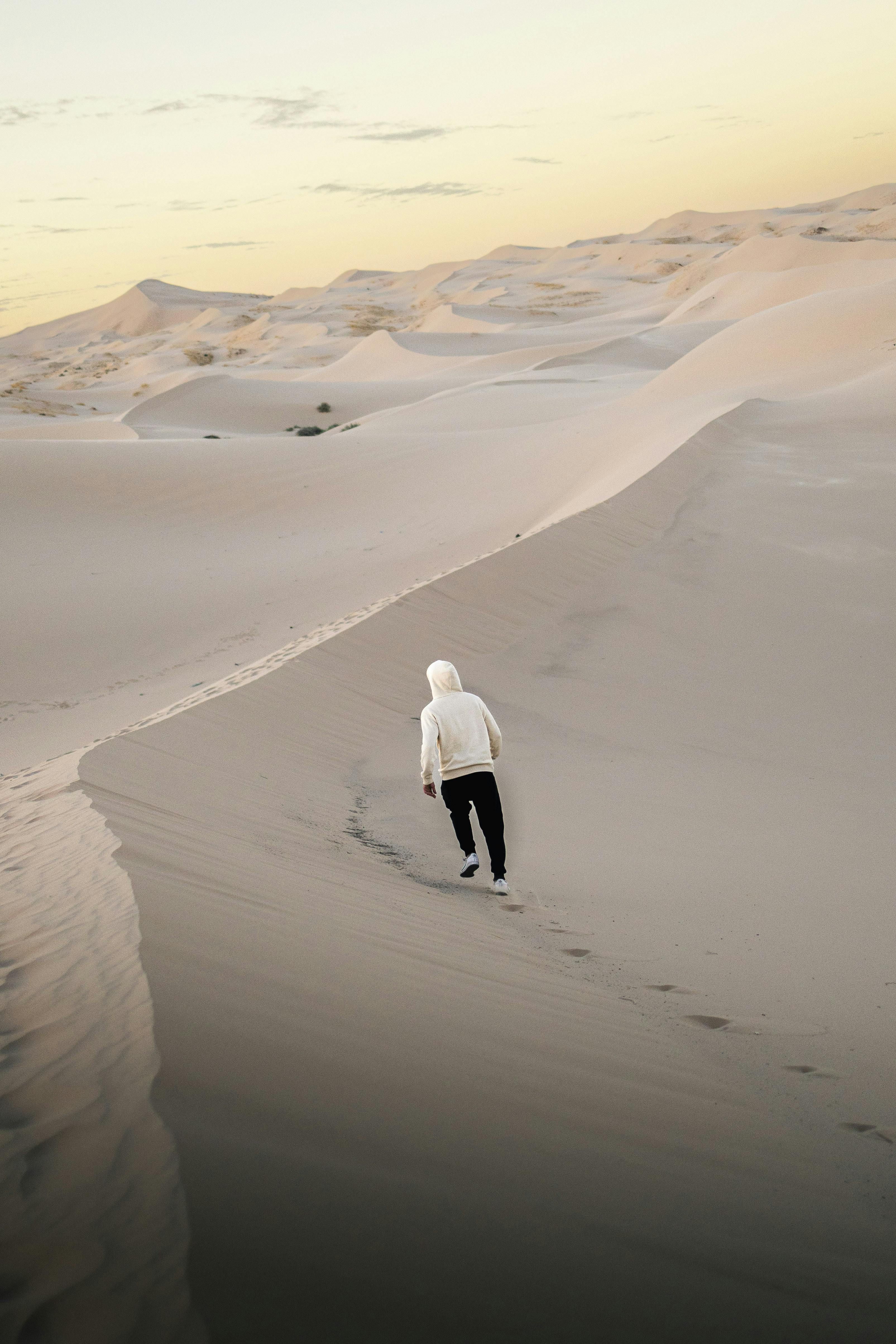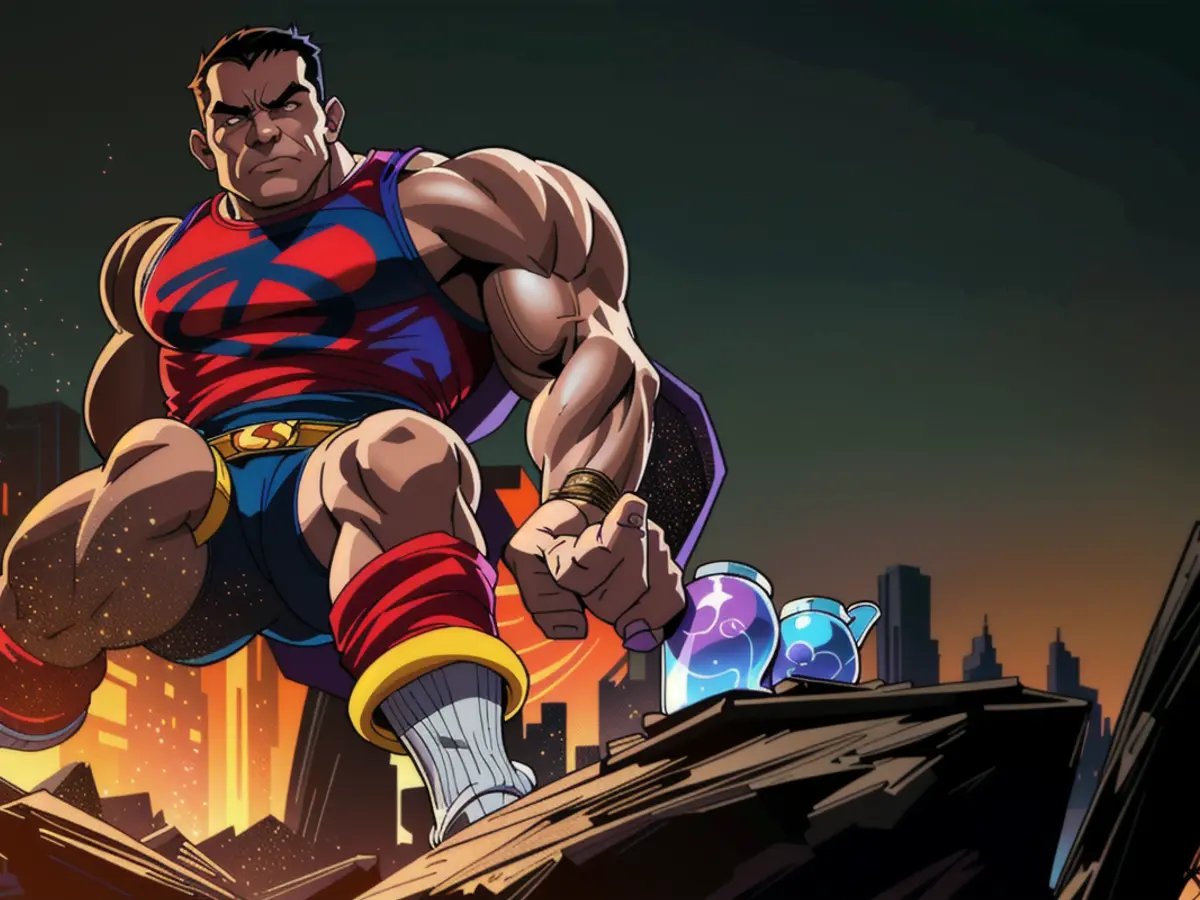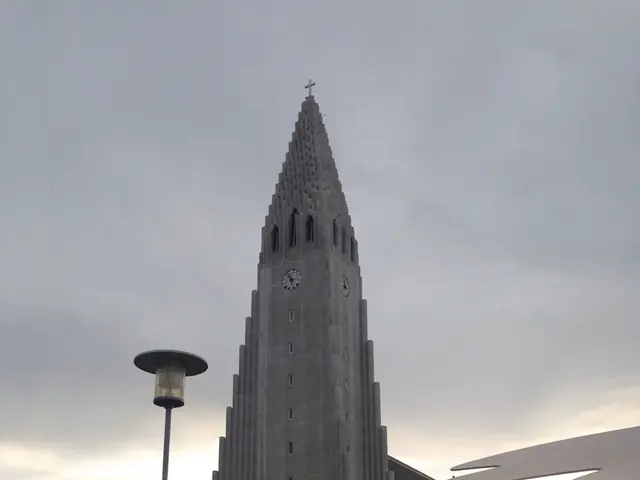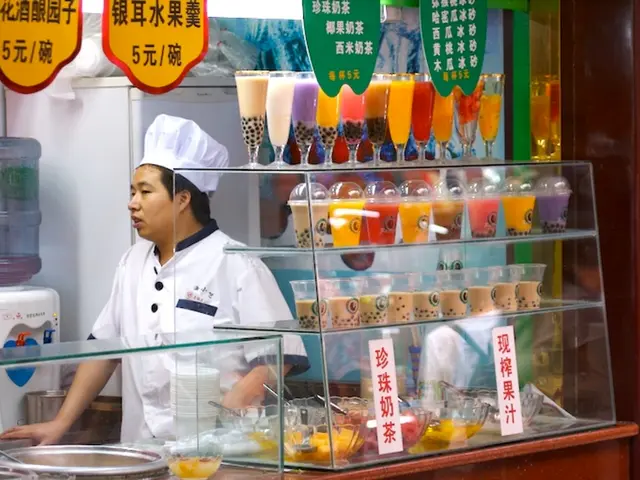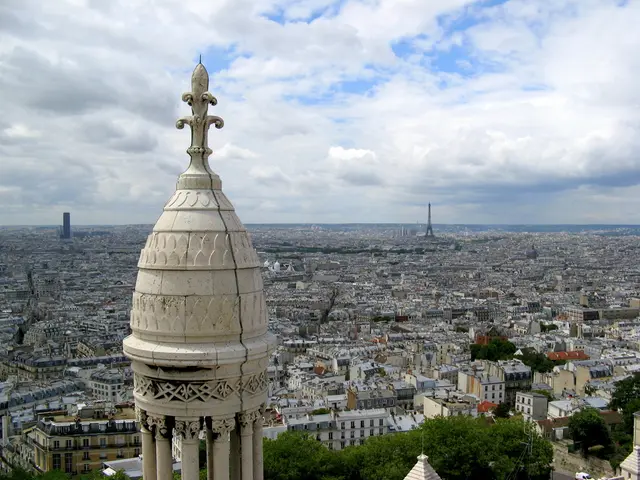Titles This Week
- The Pentagon aims to strengthen its swarm of automated drones with AI. This falls under the category of Things That Will Keep You up at Night.
- OpenAI has conceded that AI text detectors typically don't work effectively. Great.
- Amidst growing concerns over AI-fueled political manipulation, Google has declared that any political ads hosted on its platforms must reveal whether they used AI or not.
- UNESCO, the UN's specialized agency focusing on arts, culture, and education, has urged governments to regulate generative AI in schools. It seems they've observed how detrimental ChatGPT has been for colleges in the U.S., where students are using it to cheat excessively.
- Last but not least: two U.S. senators have presented bipartisan legislation to regulate AI. One of them is Josh Hawley, who hasn't had a stellar tech policy track record.
The Lead Story: Elon's Ultimate AI Venture
Weekly AI Update: Elon Musk's Dominance in the AI-Driven World
For over a decade, Elon Musk has committed substantial funds to a series of increasingly bizarre businesses, many of which have a dystopian undertone. From his brain-computer interface startup Neuralink, to his Tesla project "Optimus," the humanoid robot, to ChatGPT's creator OpenAI (co-founded by Musk), Musk has aided in the development of a pantheon of odd, sci-fi-infused businesses that are dangerously close to technological innovation's boundaries. Elon Musk's new biographer, Walter Isaacson, suspects that many of these businesses are part of a broader plan by Musk to initiate a groundbreaking era of artificial intelligence. In an article published in Time, Isaacson asserts that most of Musk's diverse business ventures have been strategically aligned to spark the development of "artificial general intelligence," or AGI.
Not acquainted with AGI? It's a rather nebulous concept. Essentially, agents of the impending AI apocalypse that we've all envisioned (or dreaded)—the "singularity," where artificial intelligence surpasses the limits of human-guided algorithmic manipulation ("stochastic parrots," as recent large language models have been referred to), becoming a self-teaching, organic intelligence that mirrors, or even exceeds, the kind that humans naturally possess.
During an interview with Isaacson, Musk supposedly shared that his countless business ventures—like Neuralink, Tesla's Optimus, and a neural-network-training supercomputer called Dojo—were linked to pursue the mission of artificial general intelligence.
Pivotal to this supposed master plan may be Musk's most recent startup, xAI. Isaacson believes that Musk plans to integrate many of his other businesses (including xAI and X, formerly known as Twitter—purchased by Musk last year for $44 billion) into a massive AI corporation aimed at pushing technological boundaries beyond their current limitations.
However, many experts believe that AGI is still years away. While Musk may aspire to be the savior who ushers in the robot revolution, as prophesied by countless science fiction films, the likelihood remains to be seen. Isaacson's book on Musk, entitled "Elon Musk," will be available in the upcoming short term. The biography is set to release next Tuesday.

The Interview: Michael Brooks, on the Challenges that the Robotaxi Industry will Face
This week's interview features a recent conversation with Michael Brooks, the executive director of the Center for Auto Safety. Brooks' organization has expressed concerns about the self-driving car industry, warning of potential road hazards. When GM's Cruise and Google's Waymo received approval to expand commercial operations for their robotaxi services in San Francisco (a major leap forward for the self-driving car industry), we thought it a good opportunity to speak with Brooks about the challenges posed by automated road travel. This interview has been edited for clarity and concision.
What do you think of the latest developments with Cruise and Waymo in San Francisco?
There's been a lot happening recently...San Francisco seems to be starting to realize that there's a problem here. They've begun to ask questions such as: 'Why do we really need this? Why do we need additional vehicles on our roads clogging up traffic?' At the same time, Cruise is expanding its operations across America. It's present in cities such as Raleigh and Austin, among others.
The auto industry has aimingly manipulated policies at a state level across the nation. This results in the suppression of the authority of fire chiefs or police chiefs in places like San Francisco to mandate the removal of vehicles with safety concerns from their roads. This issue was raised during the DMV and Public Utilities hearings in the city, with local residents who bear the brunt of these vehicle-related issues voiceless and powerless in determining whether these self-driving cars are deployed on their streets. This regulatory framework is favorably welcomed by autonomous vehicle companies. The political disparities between cities and states are substantial, and since it's challenging for cities to contest state regulations when in such a position, the vehicle manufacturers are content with the current state-regulatory environment, albeit temporarily. Their ultimate objective is a federal system that restricts state involvement in any way. I suspect that the state's perceived control today might be transient.
People have engaged in much debate regarding the potential of autonomous vehicles to decrease road fatality rates. Under ideal circumstances, there could be advantages for public health. Nonetheless, for these vehicles to expand their reach, they must undergo tests at speeds exceeding 30 miles per hour. In San Francisco, Cruise has recently been granted approval for commercial operations at this speed, while Waymo has permission to travel at up to 65 mph. Tragic incidents and errors mostly occur at higher speeds, and autonomous vehicles will need to navigate these challenges if they aspire to provide nationwide transportation. As of now, the most promising scenario for this technology involves brief trips on sealed tracks where no hazards exist and the vehicles have reliable connectivity. Incidents in high-speed car crashes are rapid and unpredictable; unless the vehicles are tested in these scenarios and demonstrate improved safety, it's difficult to foresee the future impact of these products.
Stay informed about all AI-related news by checking out Gizmodo's AI news. Or, you can explore the latest news [here] (link). To get daily updates, subscribe to the free Gizmodo newsletter.

In the future, as technology advances, the integration of artificial intelligence into various industries, such as self-driving cars, could pose significant challenges. For instance, the expansion of robotaxi services by companies like Cruise and Waymo in cities like San Francisco raises concerns about road safety and the manipulation of policies to suppress regulatory oversight.
In his new book, Elon Musk's biographer, Walter Isaacson, suggests that Musk's diverse business ventures, including Neuralink, Tesla's Optimus, OpenAI, and xAI, are part of a broader plan to drive the development of artificial general intelligence (AGI), which could revolutionize technology and potentially surpass human-guided algorithmic manipulation.

